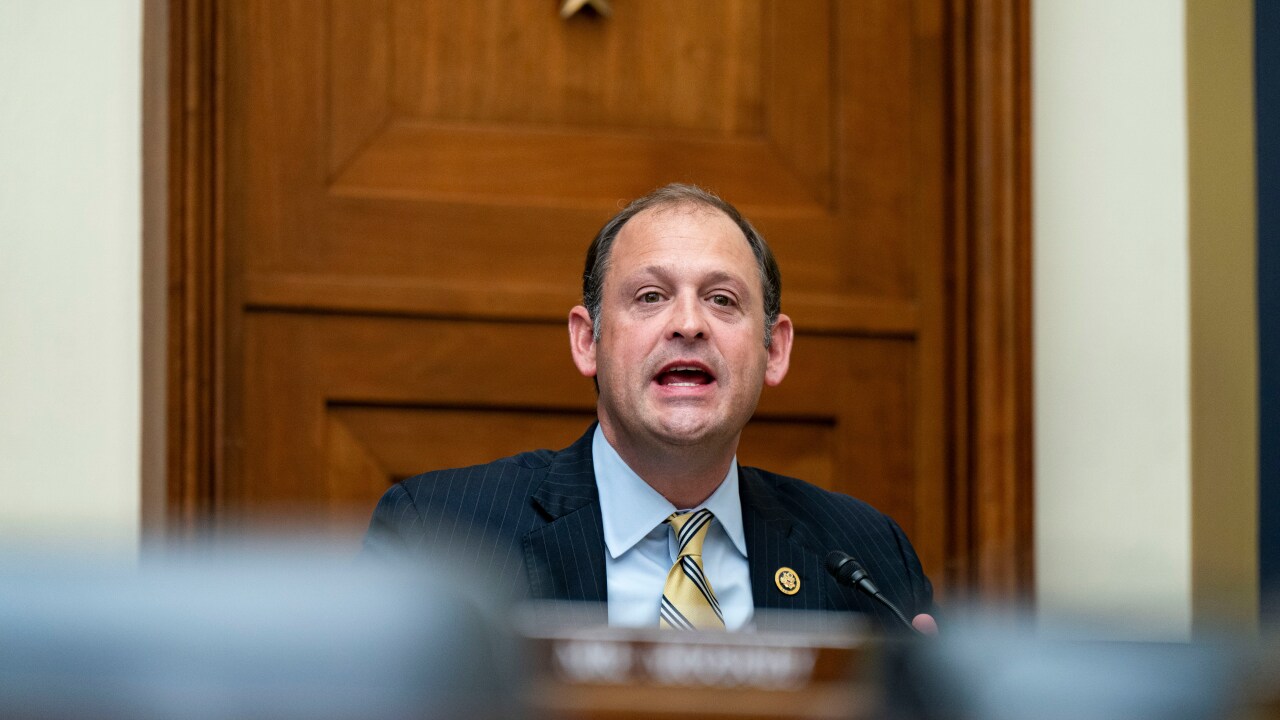New York City is ill-prepared for another Hurricane Sandy-type storm surge, Mayor Bill de Blasio's Democratic challenger Sal Albanese said Wednesday night.
"I don't think we're doing enough in that area after Sandy," Albanese said during the second and final debate between him and de Blasio at the State University of New York Graduate Center in Manhattan. They will face each other in Tuesday's primary. "We still don't have enough protections in place to have New York City deal with these issues,"
De Blasio, seeking election to a second four-year term, defended the city's track record while acknowledging the need for further hardening.

Albanese, a Staten Island resident and former city councilman from Brooklyn, spoke as Florida braces for Hurricane Irma, now a Category 5 storm blowing through the Caribbean, and one week after Hurricane Harvey created massive flooding in southeast Texas.
Sandy struck metropolitan New York on Oct. 29, 2012, costing $19 billion of losses to New York City.
Albanese wants to revive a $20 billion plan to protect water-exposed areas that de Blasio's predecessor, Michael Bloomberg offered. "I want to restore the focus -- because we've seen what's happening in Houston and it's going to happen in New York City -- and get state and federal money to protect our shoreline and protect the city as a whole."
De Blasio touted his own $20 billion climate resiliency plan, which he announced last October. He referenced a five-and-a-half mile boardwalk along the Rockaway Peninsula in southern Queens that opened earlier this year and functions as a resiliency barrier. "That's one example of many," he said.
He also said city officials are working with the federal Army Corps of Engineers on other protection projects.
"New York City is better protected than it was five years ago but we have more to do," said the mayor. "This is something we'll be working on for years and years, spending $20 billion to keep us safe in every part of the city."

De Blasio, a frequent critic of President Trump, unleashed another broadside at Trump for abandoning the Paris accords over climate change.
Albanese said that while he strongly opposes many of Republican Trump's policies, he would be less confrontational about the president than de Blasio.
On transit, both candidates said they oppose a modified version of congestion pricing that would toll motorists on now-free East River crossings at the cost of a subway fare, $2.75.
"I like the MoveNY plan," said Albanese of the proposal, championed by forner city transportation commissioner "Gridlock Sam" Schwartz that would toll the East River crossings at a higher rate, lower the tolls on certain outer-borough crossings and impose a surcharge on vehicles entering 60th Street in Manhattan southbound.
Supporters say the MoveNY plan could raise $15 billion for mass transit through bonding.
De Blasio again trumpeted his millionaire's tax plan, even though state Senate leaders say the bill would never pass.
The mayor reiterated his opposition to congestion pricing. "I think it's a regressive tax," he said.
Also in Tuesday's Democratic primary are Richard Bashner and Robert Gangi, neither of whom raised enough funds to quality for a major-candidates debate under city Board of Elections standards.
The winner will advance to the Nov. 7 general election against Nicole Malliotakis, a state assemblywoman from Staten Island unopposed on the Republican side, and independent Bo Dietl, a former police detective and media personality.
During a news conference earlier Wednesday on the steps of City Hall, Malliotakis released her 12 point-plan to overhaul the city’s Department of Education.
The plan, she said, addresses both the educational and management problems that have saddled New York City with highest cost per pupil in the nation -- $21,980 in 2015.
She said de Blasio’s administration “disregards the most basic of financial controls,” and cited the awarding of $2.7 billion in contracts during fiscal 2016 that she said violated the Department of Education’s own contracting rules.
Malliotakis said her plan,“identifies many of the problems that plague our education system and presents common sense solutions for them.“





